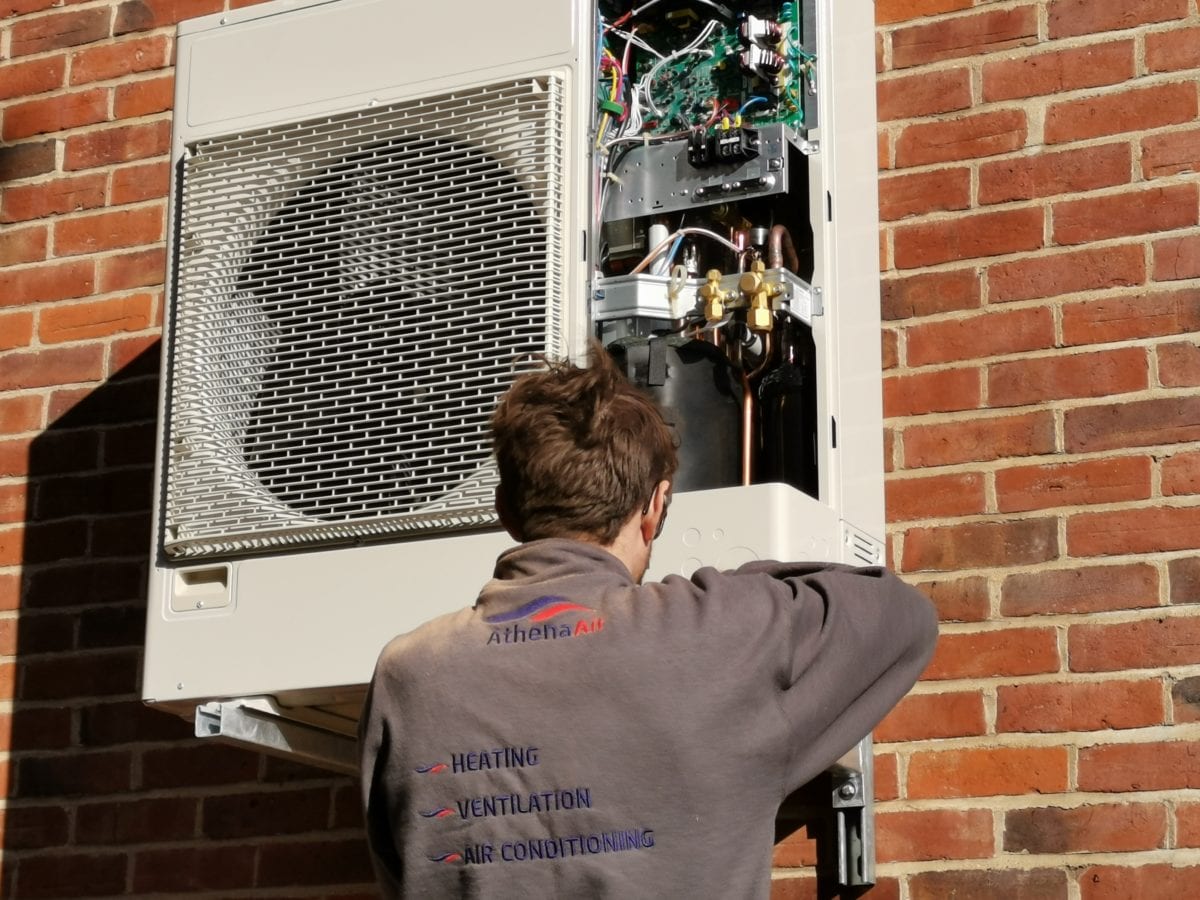

Articles
How Often Should You Have HVAC Serviced
Modified: January 24, 2024
Discover the importance of regular HVAC servicing. Get expert advice on how often you should schedule HVAC maintenance to keep your system running efficiently. Read more articles now!
(Many of the links in this article redirect to a specific reviewed product. Your purchase of these products through affiliate links helps to generate commission for Storables.com, at no extra cost. Learn more)
Introduction
Welcome to the world of HVAC (Heating, Ventilation, and Air Conditioning) systems! Whether you are a homeowner or a business owner, chances are you rely on these systems to keep your living or working space comfortable year-round. But how often should you have your HVAC system serviced?
Regular maintenance is vital to ensure that your HVAC system operates efficiently and effectively. However, the frequency of servicing can vary depending on several factors. In this article, we will explore the importance of regular HVAC servicing, factors to consider when determining service frequency, signs that your system needs servicing, benefits of routine maintenance, and some DIY maintenance tips. By the end, you will have a better understanding of how often you should schedule HVAC servicing.
Key Takeaways:
- Regular HVAC servicing is crucial for energy efficiency, indoor air quality, and system longevity. DIY maintenance tasks and professional servicing ensure optimal comfort and peace of mind for homeowners and business owners.
- Factors such as manufacturer’s recommendations, system age, and usage influence HVAC servicing frequency. Choosing a reputable service provider and recognizing signs of system issues are essential for maintaining a reliable and efficient HVAC system.
Read more: How Often Should You Service Your AC
Importance of Regular HVAC Servicing
Regular HVAC servicing plays a crucial role in maintaining the performance, efficiency, and longevity of your heating and cooling system. Here are some key reasons why it is important to schedule regular maintenance:
- Improved Energy Efficiency: A well-maintained HVAC system operates more efficiently, reducing energy consumption and lowering utility bills. During servicing, the technician will clean and inspect various components such as filters, coils, and fans, ensuring they are in optimal condition. This allows the system to function at its peak performance, minimizing energy wastage.
- Enhanced Indoor Air Quality: HVAC systems have the important job of circulating and filtering the air in your home or office. Over time, dust, dirt, pollen, and other contaminants can build up in the system, compromising indoor air quality. Regular servicing involves cleaning or replacing air filters, removing debris from ducts, and disinfecting system components. This results in cleaner, healthier air for you and your occupants.
- Prevention of Costly Repairs: Regular HVAC servicing helps identify and address minor issues before they escalate into major problems. During inspections, technicians can detect potential issues such as worn-out parts, leaks, or malfunctioning components. Timely repairs or replacements will prevent further damage and costly breakdowns down the line.
- Extended Lifespan of the System: Just like any other mechanical equipment, HVAC systems have a finite lifespan. However, with regular maintenance, you can extend the longevity of your system. Proper servicing reduces wear and tear on the components, ensuring they function optimally for a longer period of time, thereby delaying the need for a full system replacement.
- Preservation of Manufacturer’s Warranty: Most HVAC manufacturers require regular servicing to maintain the warranty validity. Neglecting routine maintenance can void the warranty, leaving you responsible for any future repairs or replacements. By scheduling regular servicing, you can safeguard the warranty coverage and enjoy the benefits of manufacturer support if any issues arise.
Remember, neglecting routine maintenance can lead to reduced efficiency, higher energy bills, poor indoor air quality, and premature system failure. By investing in regular HVAC servicing, you are not only ensuring your comfort and well-being but also protecting your investment in the system.
Factors to Consider
When determining how often you should have your HVAC system serviced, there are several factors to consider. While there is no one-size-fits-all answer, these factors can help you make an informed decision:
- Manufacturer’s recommendations: The first place to start is your HVAC system’s user manual or the manufacturer’s website. These resources often provide guidelines on recommended service intervals. Following the manufacturer’s guidelines is important to ensure that you meet the requirements for warranty coverage.
- Age of the system: The age of your HVAC system can influence the frequency of servicing. Older systems typically require more frequent maintenance to keep them running smoothly. If your system is relatively new, it may require less frequent servicing, but it is still important to have regular check-ups to catch any potential issues early on.
- Usage and environment: Consider how often your HVAC system is in use and the environmental conditions in which it operates. If you use your system frequently, such as in regions with extreme weather conditions, you may need more frequent servicing. Similarly, if you live in an area with high pollen or dust levels, your system may require more frequent cleaning and filter replacements to maintain optimal performance.
- System complexity: The complexity of your HVAC system can also impact the recommended service frequency. Some systems have more intricate components and require more frequent inspections and cleanings. For example, if you have a system with advanced features like zoning or humidity control, it may require additional attention and servicing to ensure proper operation.
- Previous maintenance history: Consider the past maintenance history of your HVAC system. If it has been well-maintained and regularly serviced in the past, you can likely follow the same servicing schedule. However, if it has been neglected or has experienced frequent issues, it may be wise to increase the frequency of servicing to address any underlying problems.
It is important to note that these factors are general guidelines. Consulting with a professional HVAC technician is the best way to determine the optimal servicing frequency for your specific system and circumstances. They can assess your system’s condition, usage patterns, and environmental factors to provide personalized recommendations.
By taking these factors into account, you can ensure that your HVAC system receives the necessary maintenance to keep it running efficiently and effectively for years to come.
Recommended Frequency of HVAC Servicing
The recommended frequency of HVAC servicing may vary depending on several factors, as discussed earlier. However, here are some general guidelines to help you determine how often you should schedule maintenance for your system:
- Annual Servicing: It is generally recommended to have your HVAC system serviced at least once a year. Annual servicing allows technicians to perform a thorough inspection, clean the system, and make any necessary adjustments or minor repairs. This routine maintenance helps keep your system in peak condition and can prevent major issues from arising.
- Seasonal Servicing: Some experts suggest having your HVAC system serviced twice a year – once before the cooling season and once before the heating season. This approach ensures that your system is fully prepared for the upcoming season and can operate efficiently. The spring service focuses on the AC components, while the fall service focuses on the heating components.
- Filters and Air Ducts: In addition to regular servicing, it is important to clean or replace your HVAC system’s filters and inspect the air ducts on a more frequent basis. Filters should typically be inspected every 1-3 months, depending on usage and the type of filter. Clogged or dirty filters can restrict airflow and strain the system. Air ducts should be professionally cleaned every 3-5 years to remove accumulated dust and debris.
Remember, these are general recommendations, and the optimal servicing frequency may vary depending on your specific circumstances. Consulting with a professional HVAC technician who can assess your system and provide personalized recommendations is the best course of action.
Additionally, if you notice any signs of issues with your system, such as reduced airflow, strange noises, or inconsistent temperatures, do not hesitate to schedule servicing regardless of the recommended frequency. Prompt attention to these signs can help prevent further damage and ensure that your HVAC system operates efficiently.
In the end, regular HVAC servicing is essential to maintain the performance, efficiency, and longevity of your system. By adhering to the recommended frequency, you can enjoy optimal comfort and peace of mind knowing that your HVAC system is operating at its best.
Signs That Your HVAC System Needs Servicing
Regular HVAC servicing is important, but there are also certain signs that indicate your system may need immediate attention. Recognizing these signs can help you address potential issues before they escalate. Here are some common warning signs that your HVAC system may need servicing:
- Reduced airflow: If you notice weak airflow or a decrease in the amount of air coming from the vents, it may indicate a blockage or a problem with the blower fans. Reduced airflow can lead to inefficient heating or cooling, making your system work harder and potentially increasing energy consumption.
- Inconsistent temperatures: Are certain areas in your home or office noticeably warmer or cooler than others? Uneven heating or cooling can be a sign of issues with your HVAC system, such as improperly balanced dampers or a malfunctioning thermostat. Getting these issues resolved can help maintain a comfortable and consistent indoor temperature.
- Strange noises: Unusual sounds, such as grinding, squealing, or banging noises, coming from your HVAC system may indicate a mechanical problem. These noises can stem from loose or worn-out parts, damaged fan blades, or issues with the motor. Ignoring strange noises can lead to further damage and potentially costly repairs down the line.
- Foul odors: Persistent unpleasant odors coming from your vents can be a sign of mold or bacteria growth within your HVAC system. It can also indicate a gas leak if you detect a rotten egg smell. These odors can negatively impact indoor air quality and pose health risks. Prompt servicing can help identify and resolve the source of the odor.
- Increased energy bills: If you notice a sudden spike in your energy bills without any corresponding change in usage, it could indicate an inefficient HVAC system. Issues such as dirty filters, leaks in the ductwork, or a malfunctioning thermostat can cause your system to work harder and consume more energy. Servicing can address these issues and help improve energy efficiency.
- Frequent cycling: Does your HVAC system frequently turn on and off? This is known as short cycling and can be caused by several factors, including a malfunctioning thermostat, clogged filters, or an oversized system. Short cycling not only affects comfort but also puts strain on the system, reducing its lifespan. Servicing can diagnose and resolve the underlying cause of short cycling.
If you notice any of these signs, it is crucial to schedule HVAC servicing as soon as possible. Ignoring or delaying needed repairs can lead to further damage and more expensive fixes in the future. By addressing these issues promptly, you can ensure that your HVAC system operates efficiently, extends its lifespan, and provides optimal comfort for you and your occupants.
It is recommended to have your HVAC system serviced at least once a year to ensure it is running efficiently and to catch any potential issues before they become major problems. Regular maintenance can also help extend the lifespan of your system.
Benefits of Regular HVAC Servicing
Regular HVAC servicing provides a range of benefits that can improve the performance, efficiency, and longevity of your heating and cooling system. Here are some key advantages of scheduling routine maintenance:
- Improved Energy Efficiency: One of the primary benefits of regular servicing is improved energy efficiency. During maintenance, technicians clean or replace filters, remove debris from coils, and check for any airflow restrictions. These actions allow the system to operate more efficiently, reducing energy consumption and lowering your utility bills.
- Enhanced Indoor Air Quality: HVAC systems have a direct impact on indoor air quality. Over time, dust, pollen, and other allergens can accumulate in the system and get circulated throughout your home or office. Regular servicing involves cleaning the system, replacing filters, and disinfecting components, ensuring cleaner and healthier air for you and your occupants.
- Extended System Lifespan: Regular maintenance can significantly extend the lifespan of your HVAC system. By detecting and addressing minor issues early on, you can prevent major breakdowns and costly repairs. Well-maintained systems are less likely to experience premature failures and can function optimally for a longer period of time.
- Reduced Risk of Emergency Breakdowns: There’s nothing worse than experiencing a heating or cooling system breakdown during extreme weather conditions. Regular HVAC servicing helps minimize the risk of unexpected breakdowns by identifying and resolving potential issues before they escalate. This ensures that your system operates reliably and keeps you comfortable all year round.
- Savings on Repair Costs: Servicing your HVAC system on a regular basis can save you money in the long run. Minor problems, when left unaddressed, can worsen over time and result in costly repairs. With routine maintenance, technicians can identify and fix these issues early on, preventing them from developing into more significant and expensive problems.
- Preservation of Manufacturer’s Warranty: Following the recommended service schedule is crucial for maintaining your HVAC system’s warranty. Most manufacturers require regular maintenance to uphold the warranty validity. By adhering to the servicing requirements, you can ensure that you are covered by the warranty in case of any unforeseen issues.
Overall, regular HVAC servicing provides numerous benefits, including improved energy efficiency, enhanced indoor air quality, extended system lifespan, reduced risk of breakdowns, savings on repair costs, and warranty protection. Investing in routine maintenance not only keeps your system running smoothly but also contributes to your comfort, health, and long-term financial savings.
DIY Maintenance Tips for HVAC Systems
While it is important to schedule professional HVAC servicing, there are also some simple maintenance tasks you can perform yourself to keep your system running smoothly between professional visits. Here are some DIY maintenance tips for HVAC systems:
- Regularly clean or replace air filters: Dirty filters can restrict airflow and decrease the efficiency of your HVAC system. Check your filters every 1-3 months and clean or replace them as needed. This simple task can improve indoor air quality and help your system operate more efficiently.
- Clean the area around the outdoor unit: If you have an outdoor HVAC unit, make sure the surrounding area is clean and free from debris, such as leaves, grass, and branches. Blocked airflow can strain the system and impact its performance. Remove any obstructions and trim vegetation around the unit to allow proper airflow.
- Check and clean the condenser coils: The condenser coils in the outdoor unit can accumulate dirt and debris, reducing their ability to transfer heat. Periodically check the coils and gently clean them using a soft brush or a vacuum cleaner with a brush attachment. Be sure to turn off power to the unit before performing any maintenance tasks.
- Clean the evaporator coils and drain line: In the indoor unit, the evaporator coils can also collect dirt and dust over time. Inspect the coils and use a soft brush to clean them gently. Additionally, check the drain line for any clogs and clear them using a mixture of bleach and water or a wet/dry vacuum.
- Ensure proper insulation around air ducts: Inspect the air ducts for any leaks or gaps. Properly seal and insulate the ductwork to ensure efficient airflow. Leaky ducts can result in energy wastage and reduced system performance.
- Check and calibrate the thermostat: Regularly check your thermostat to ensure it is functioning properly. Make sure it is calibrated correctly and set to the desired temperature. If you have an older manual thermostat, consider upgrading to a programmable or smart thermostat for more precise temperature control and energy savings.
- Monitor and clean the condensate drain: The condensate drain collects excess moisture from your HVAC system. Check the drain regularly to ensure it is clear of any blockages. A clogged drain can lead to water damage and mold growth. Clean the drain using a mixture of bleach and water to prevent clogs and bacteria buildup.
- Keep registers and vents unobstructed: Make sure all registers and vents throughout your home or office are unobstructed by furniture, rugs, or curtains. Blocked vents can restrict airflow and lead to uneven heating or cooling.
Remember, while these maintenance tasks can be done by yourself, it is important to prioritize safety. If you feel uncomfortable or are unsure about any DIY maintenance, it is recommended to consult with a professional HVAC technician.
By performing these simple maintenance tasks on a regular basis, you can help maintain the efficiency and performance of your HVAC system, improving its lifespan and ensuring your comfort.
Choosing a Professional HVAC Service Provider
When it comes to HVAC servicing, it is crucial to choose a reputable and qualified professional to ensure the best care for your system. Here are some factors to consider when selecting an HVAC service provider:
- Experience and Expertise: Look for a service provider with extensive experience in the HVAC industry. A company that has been in business for several years is likely to have a team of trained technicians with the knowledge and expertise to handle various types of systems and issues.
- Licenses and Certifications: Check if the service provider is properly licensed, bonded, and insured. This ensures that they meet the necessary requirements and have the appropriate certifications to perform HVAC services. Additionally, certifications from reputable organizations, such as NATE (North American Technician Excellence), demonstrate the technician’s knowledge and skill in the field.
- Reputation and Reviews: Research the service provider’s reputation by reading online reviews and testimonials from previous customers. Look for positive feedback, reliable service, and customer satisfaction. You can also ask for recommendations from family, friends, or neighbors who have recently used HVAC services.
- Range of Services: Consider the range of services offered by the service provider. A comprehensive HVAC service provider should be able to handle installation, maintenance, repairs, and replacements of various system components. This ensures that all your HVAC needs can be met by a single reliable source.
- Response Time and Availability: HVAC issues can arise at any time, so it is important to choose a service provider that offers prompt and reliable service. Inquire about their response time for emergency repairs and their availability for regular maintenance visits. A reliable provider should be able to accommodate your schedule and respond quickly to urgent situations.
- Price and Cost Transparency: Obtain multiple quotes from different service providers and compare their pricing. Be wary of excessively low prices, as they may indicate poor quality work or hidden costs. Look for a service provider that offers transparent pricing, clearly outlining the services included, any additional charges, and warranty information.
- Customer Service and Communication: Excellent customer service is a crucial aspect of any service provider. Consider the responsiveness and professionalism of the company’s representatives. Choose a provider that is friendly, attentive, and willing to address your questions and concerns. Good communication throughout the servicing process is essential for a positive experience.
Ultimately, selecting the right HVAC service provider can make a significant difference in the performance, efficiency, and lifespan of your HVAC system. Take your time to research and choose a reputable company that meets your specific needs and ensures quality service for your investment.
By choosing a professional and reliable HVAC service provider, you can have peace of mind knowing that your system is in good hands and will receive the necessary care to keep it running smoothly for years to come.
Conclusion
Regular HVAC servicing is essential for maintaining the performance, efficiency, and longevity of your heating and cooling system. By adhering to recommended service frequencies and performing routine maintenance tasks, you can ensure optimal comfort, energy efficiency, and indoor air quality in your home or office.
During professional HVAC servicing, technicians inspect, clean, and adjust various components to ensure proper operation. This helps prevent major issues, reduces the risk of breakdowns, and extends the lifespan of your system. Additionally, DIY maintenance tasks such as cleaning or replacing filters, checking thermostat settings, and keeping the area around the outdoor unit clean can contribute to the overall health of your HVAC system.
Some key factors to consider when determining service frequency include the manufacturer’s recommendations, the age of your system, usage and environmental factors, system complexity, and past maintenance history. Consulting with a professional HVAC technician can provide personalized recommendations tailored to your specific circumstances.
Recognizing signs that your HVAC system needs servicing, such as reduced airflow, inconsistent temperatures, strange noises, foul odors, increased energy bills, and frequent cycling, is crucial for prompt attention and resolution of potential issues.
The benefits of regular HVAC servicing are manifold, including improved energy efficiency, enhanced indoor air quality, extended system lifespan, reduced risk of emergency breakdowns, savings on repair costs, and preservation of manufacturer’s warranty. Investing in routine maintenance not only saves you money in the long run but also ensures that your HVAC system operates reliably and supports your comfort and well-being.
When choosing a professional HVAC service provider, consider their experience, licenses and certifications, reputation and reviews, range of services offered, response time and availability, price transparency, and quality of customer service. Selecting a reputable and qualified provider ensures that you receive the best care for your HVAC system.
In conclusion, regular HVAC servicing, along with DIY maintenance, is key to keeping your system running efficiently and effectively. By taking the necessary steps to care for your HVAC system, you can enjoy optimal comfort, improved indoor air quality, and peace of mind knowing that your investment is protected for years to come.
Frequently Asked Questions about How Often Should You Have HVAC Serviced
Was this page helpful?
At Storables.com, we guarantee accurate and reliable information. Our content, validated by Expert Board Contributors, is crafted following stringent Editorial Policies. We're committed to providing you with well-researched, expert-backed insights for all your informational needs.
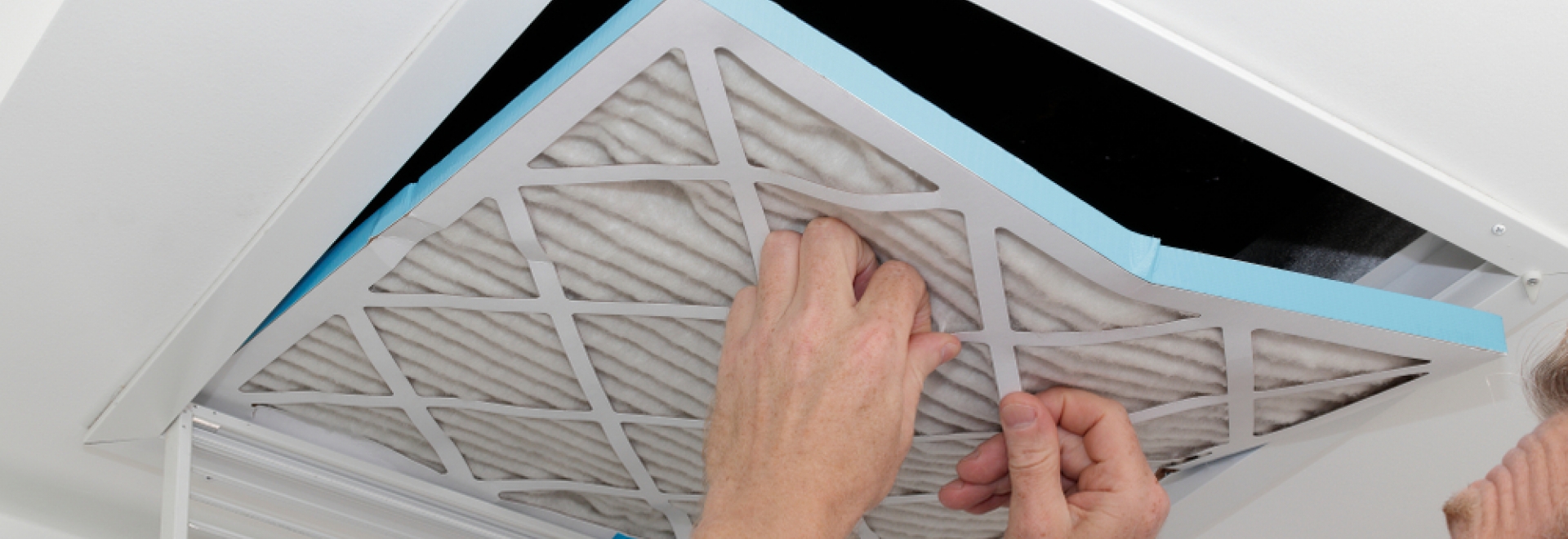
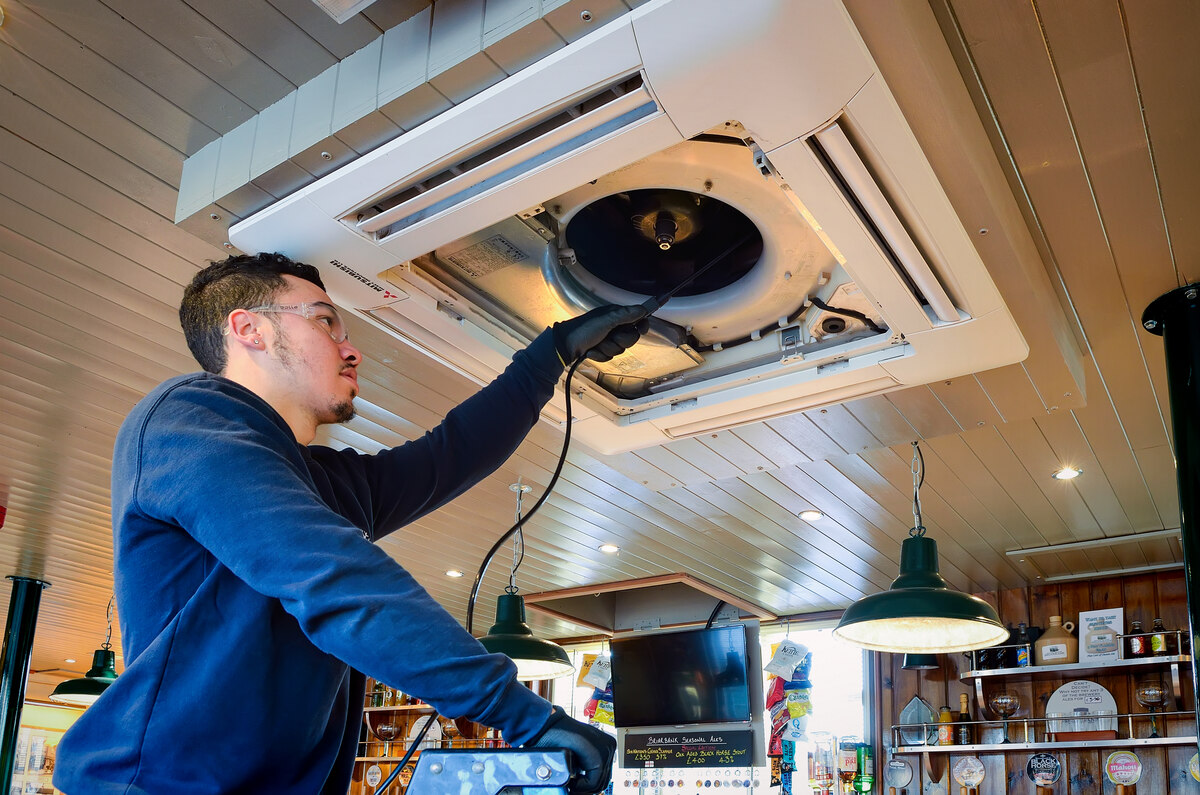
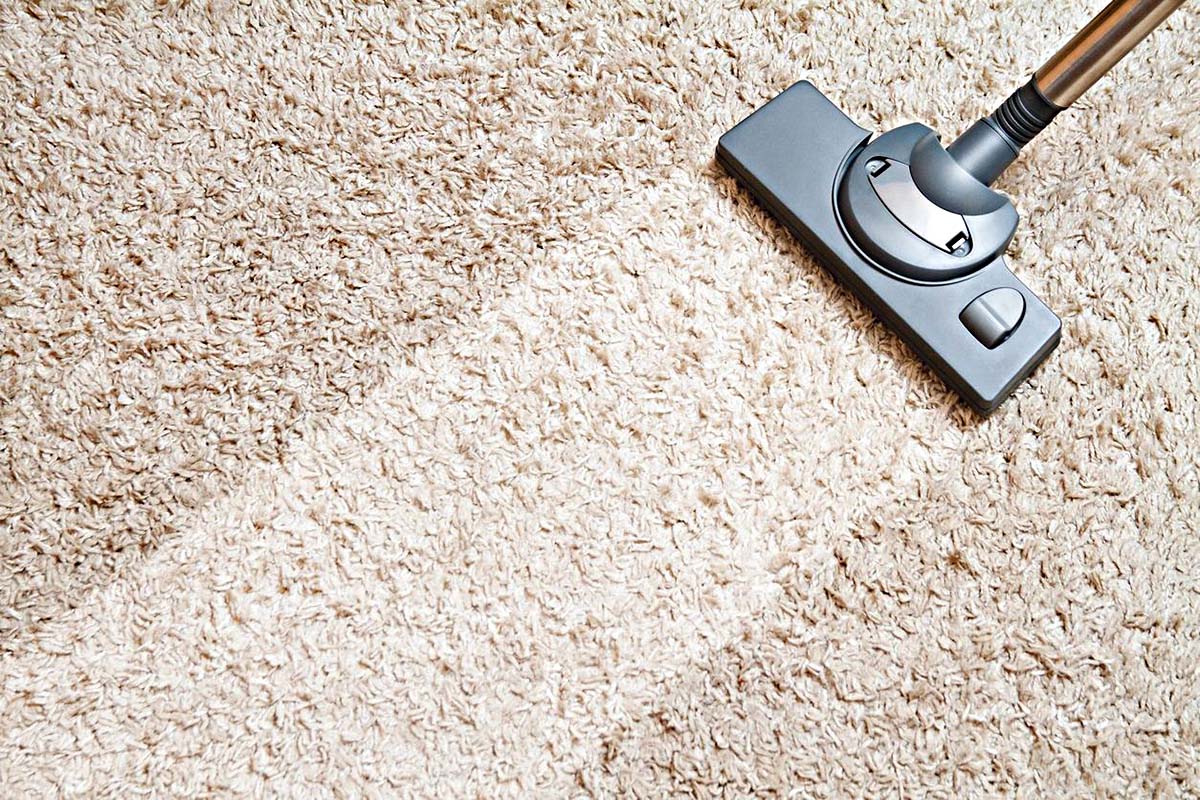



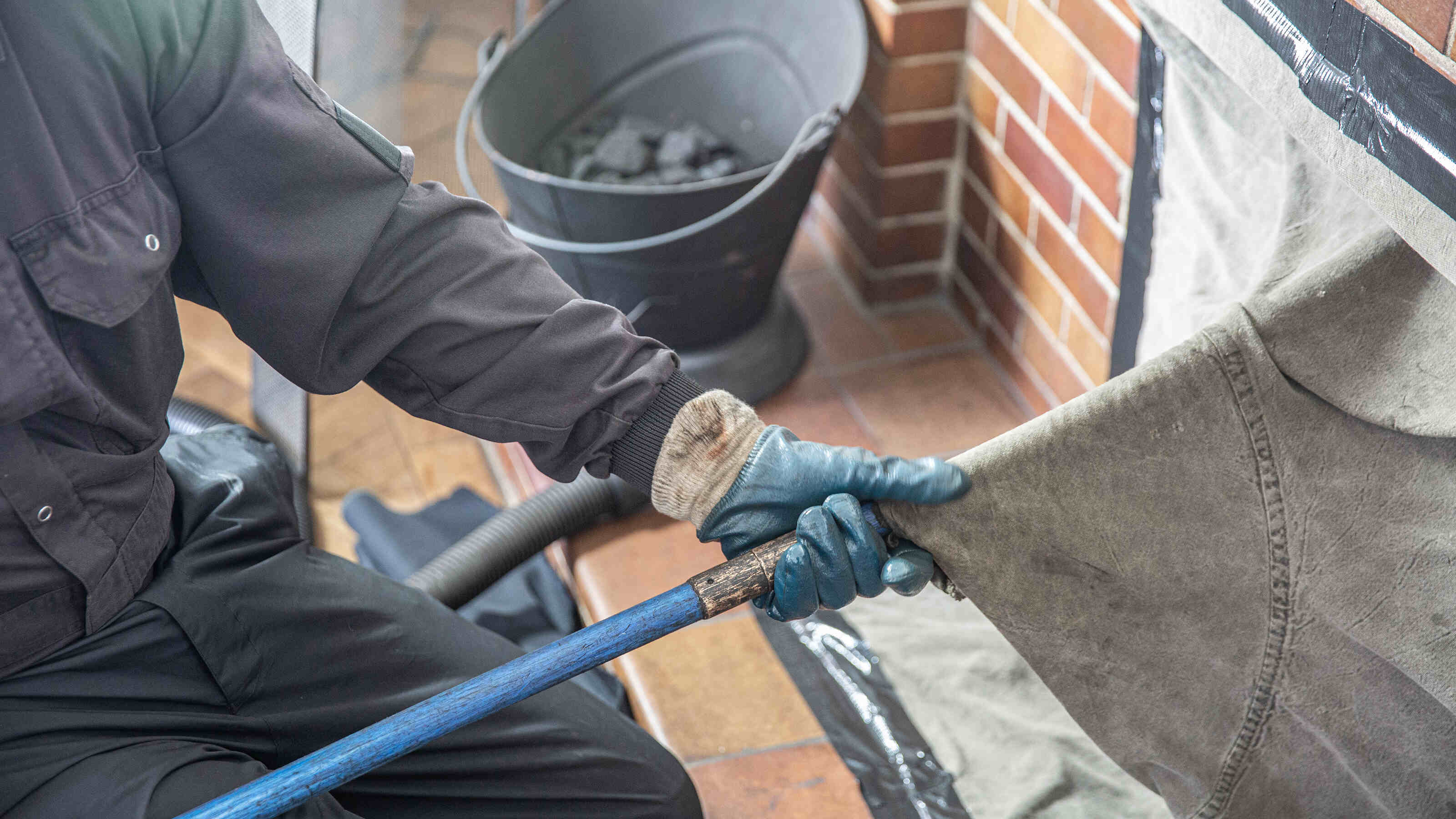


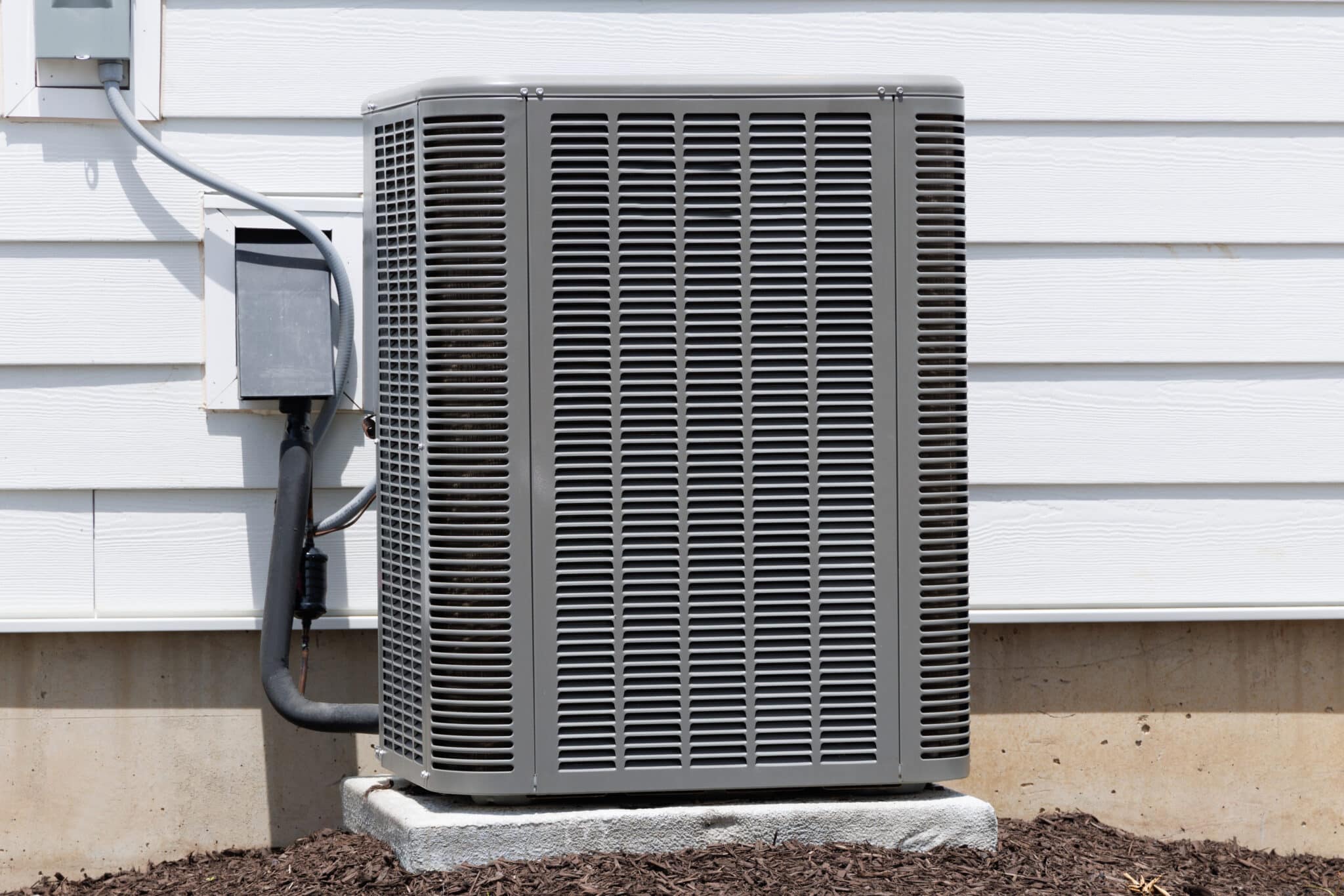
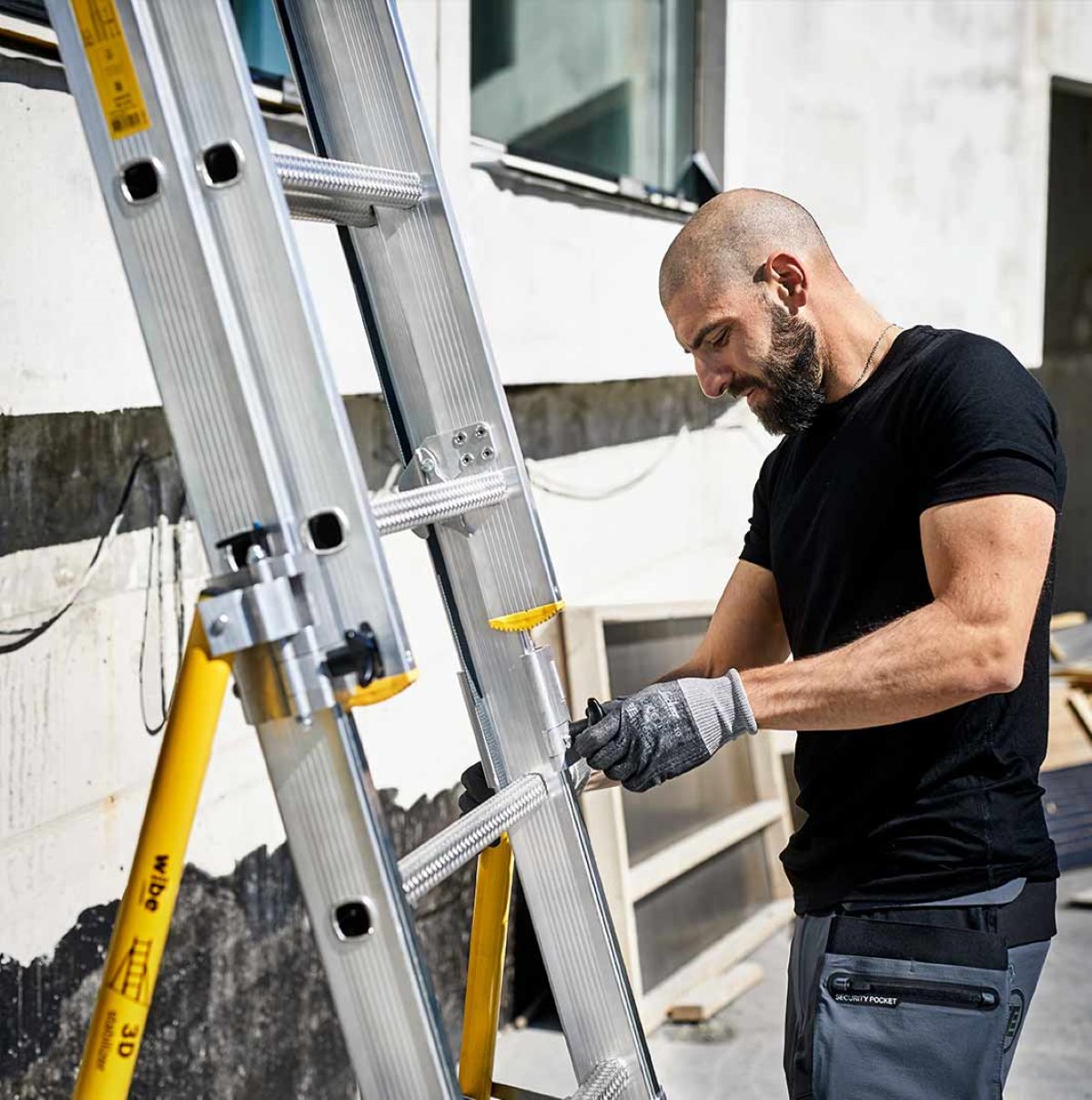

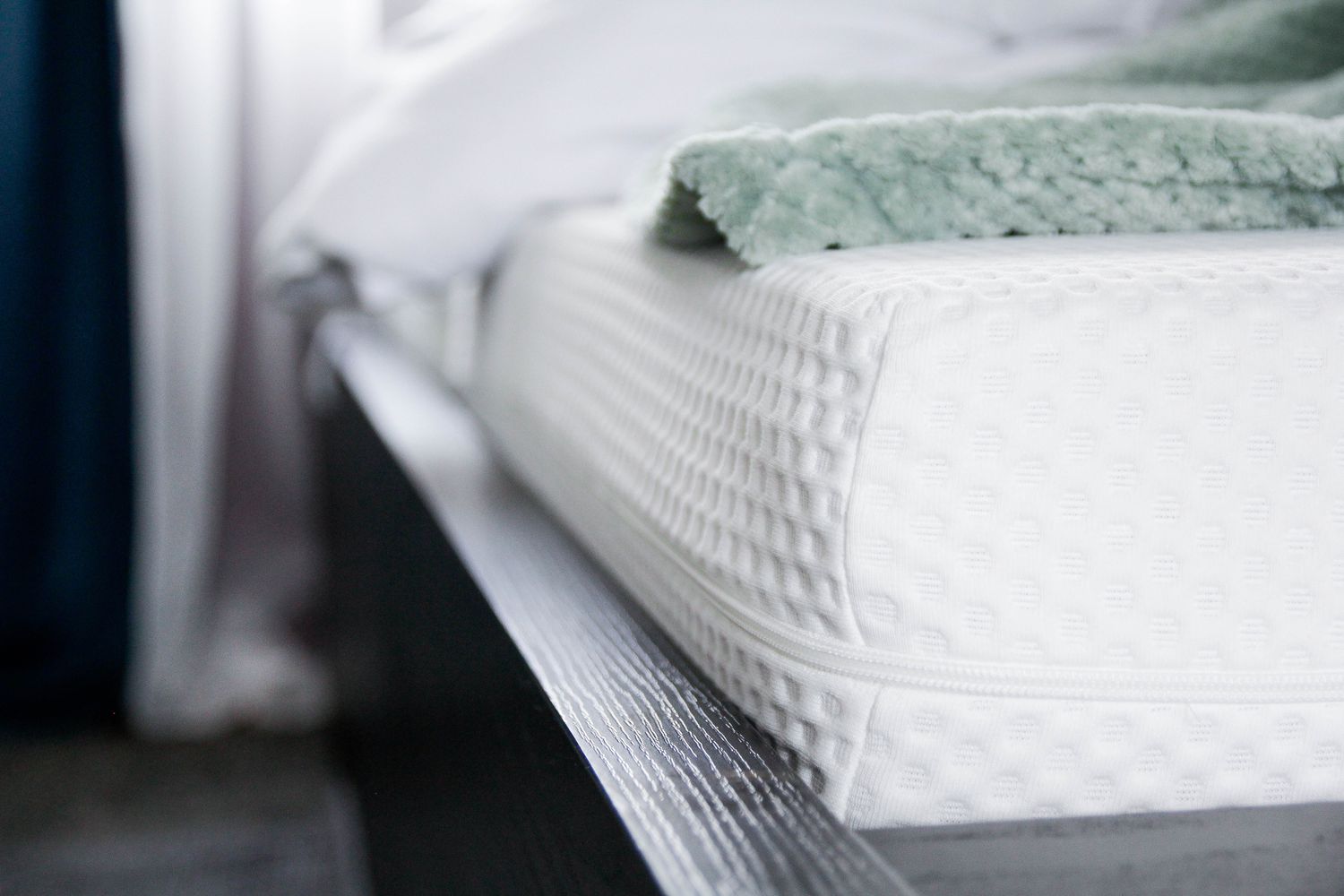
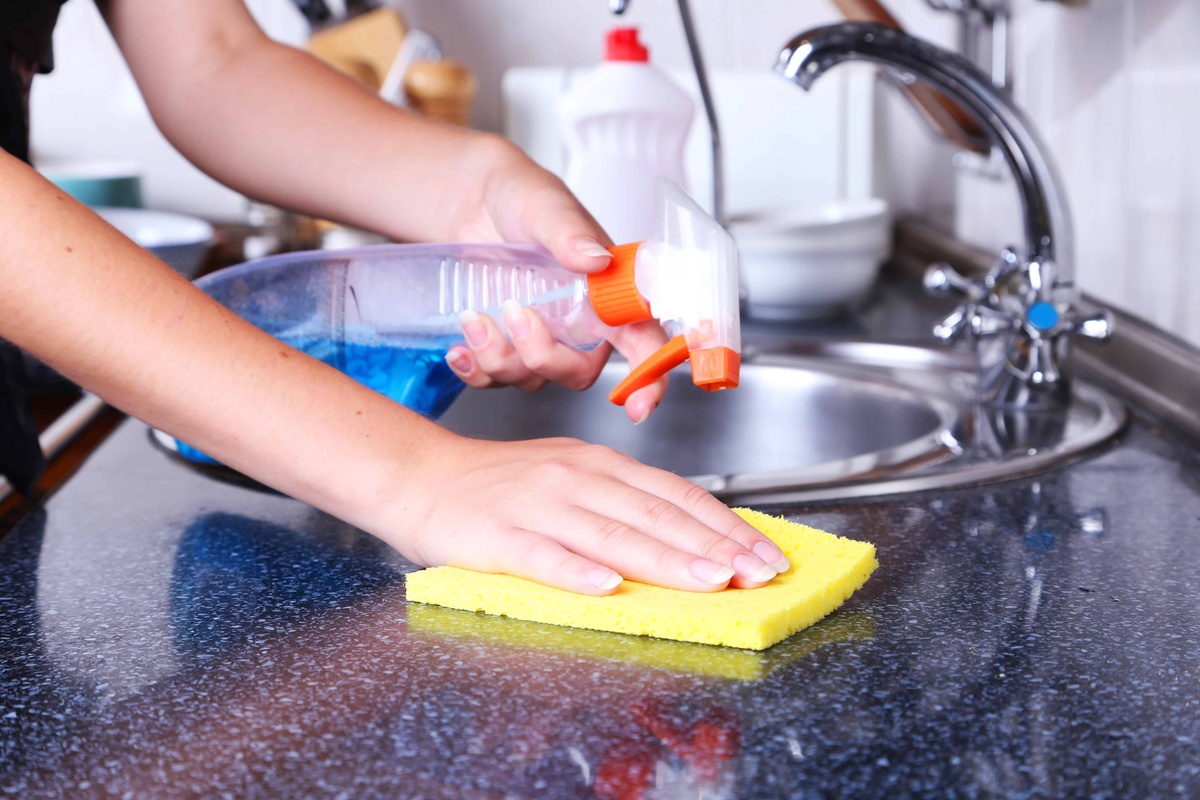

0 thoughts on “How Often Should You Have HVAC Serviced”